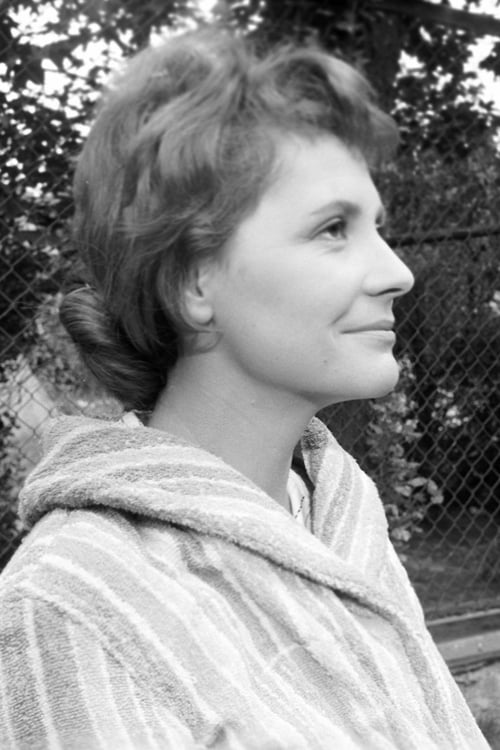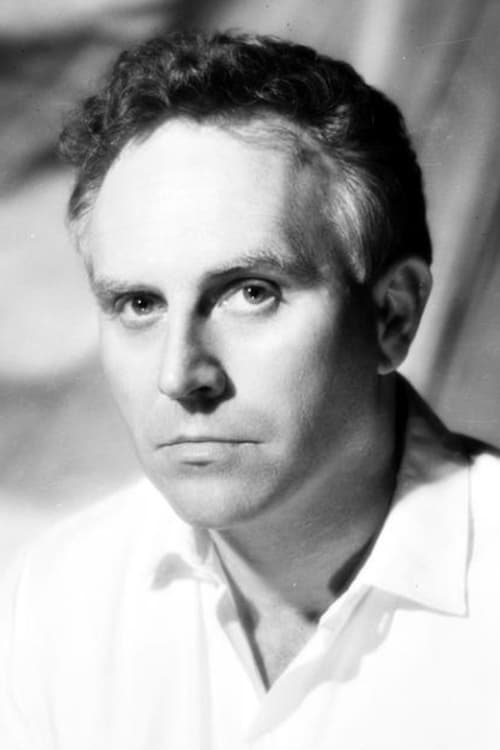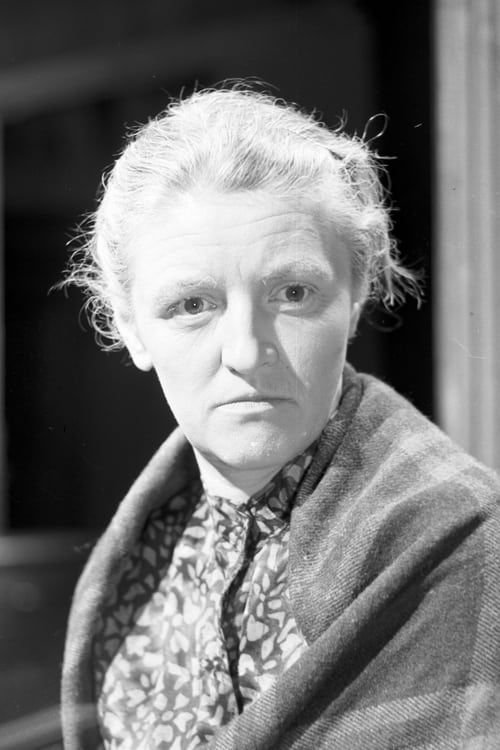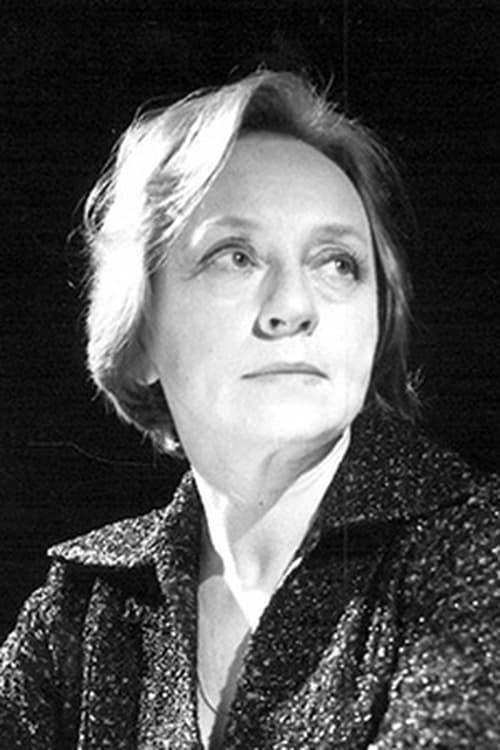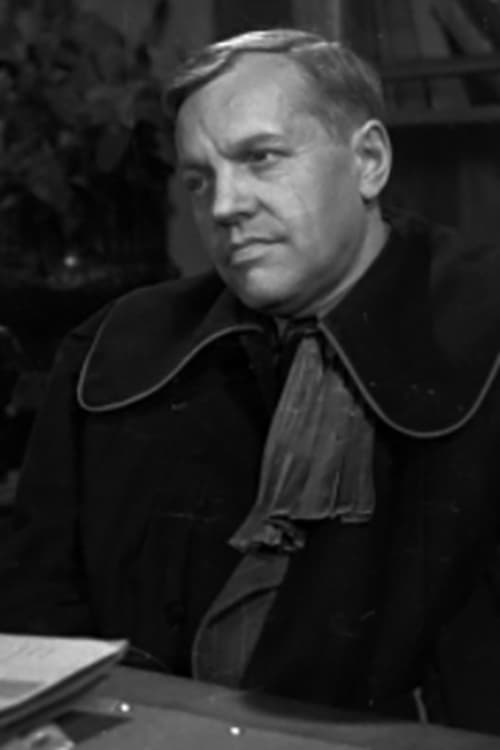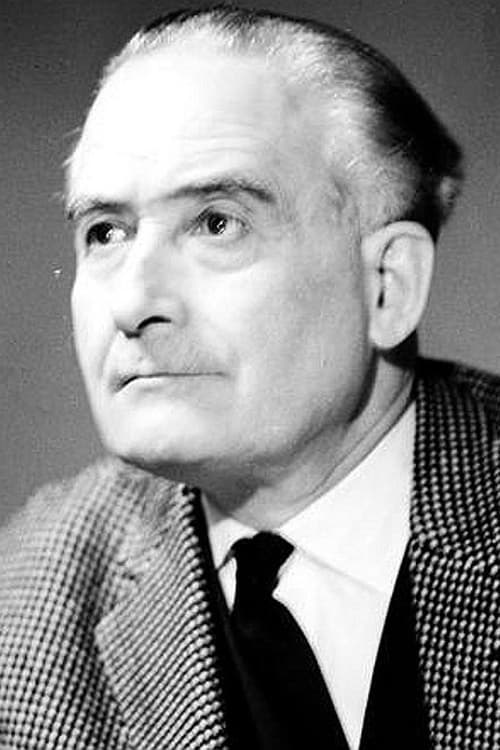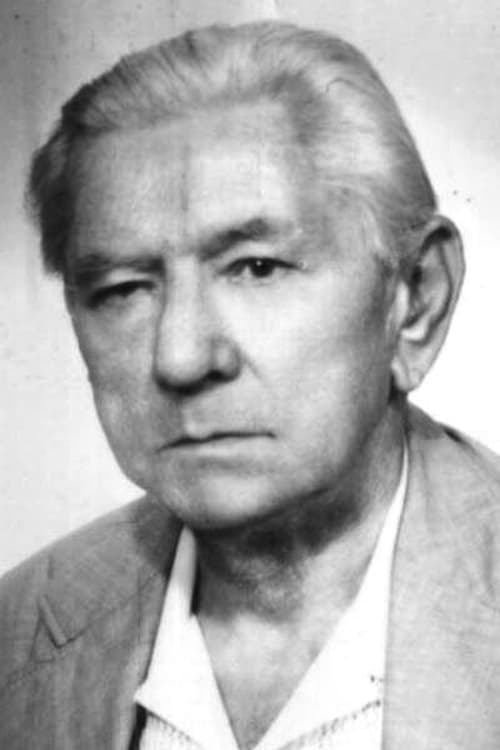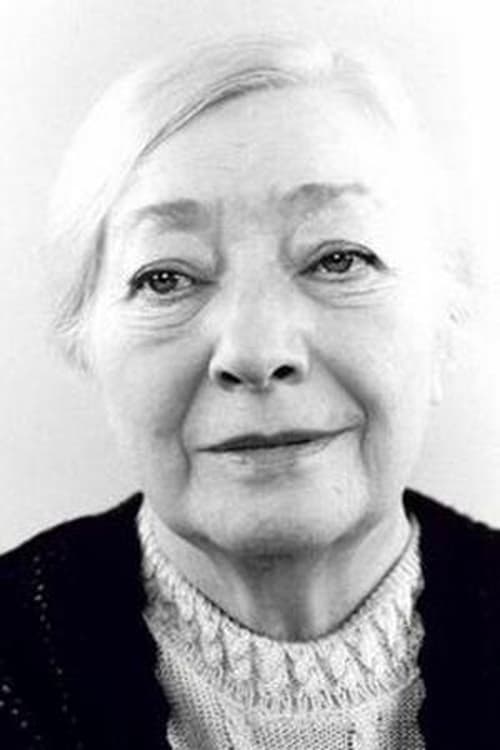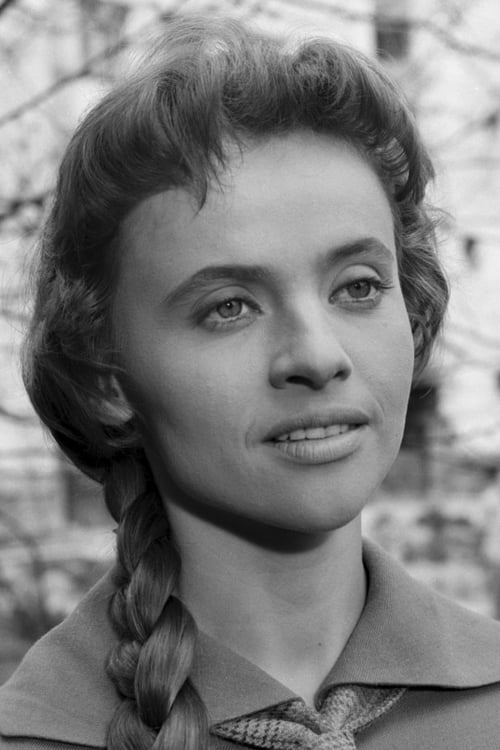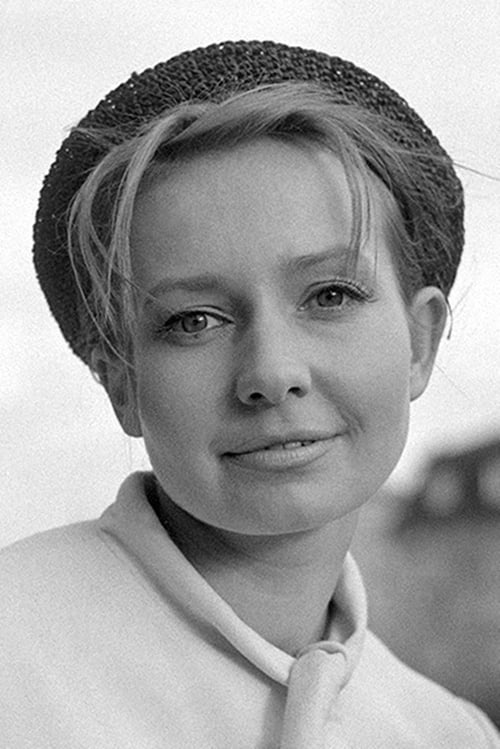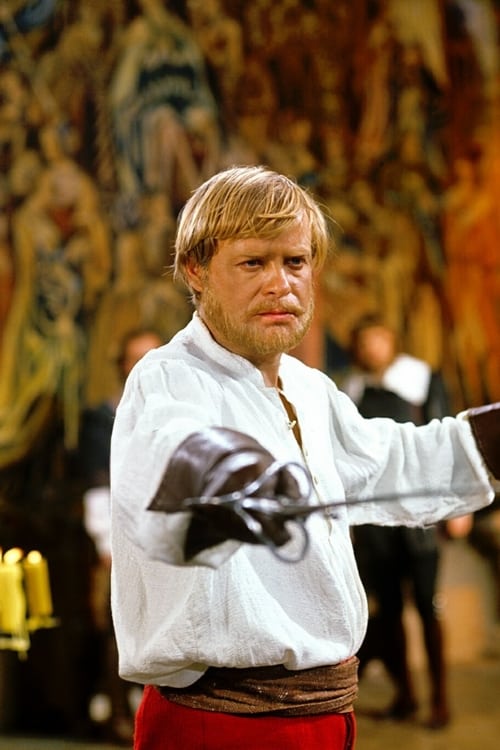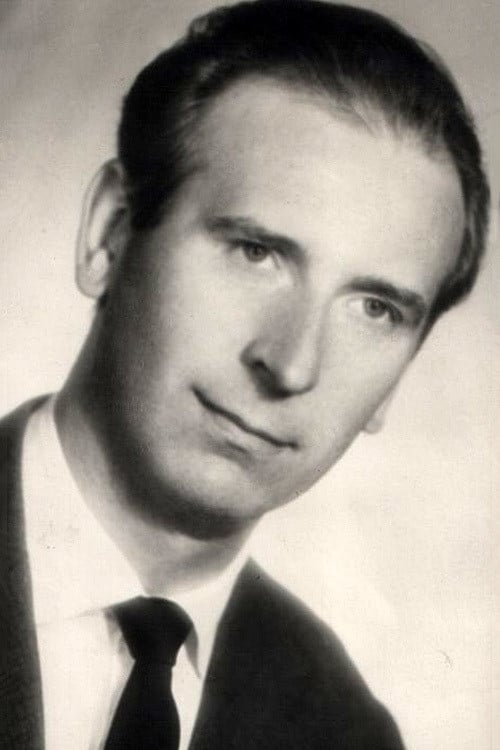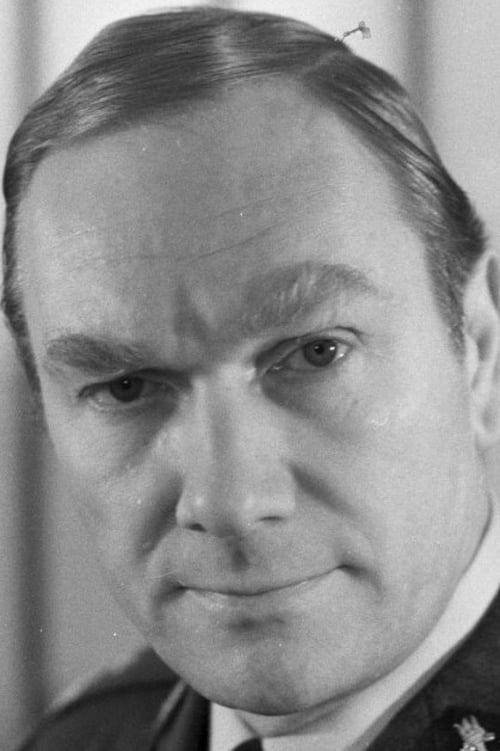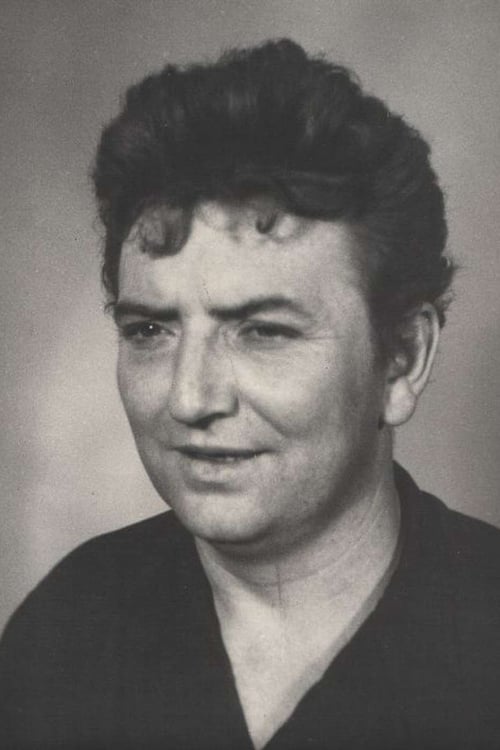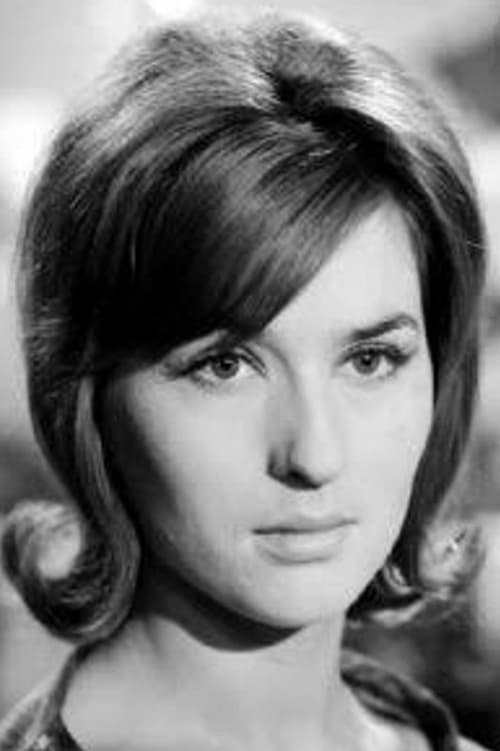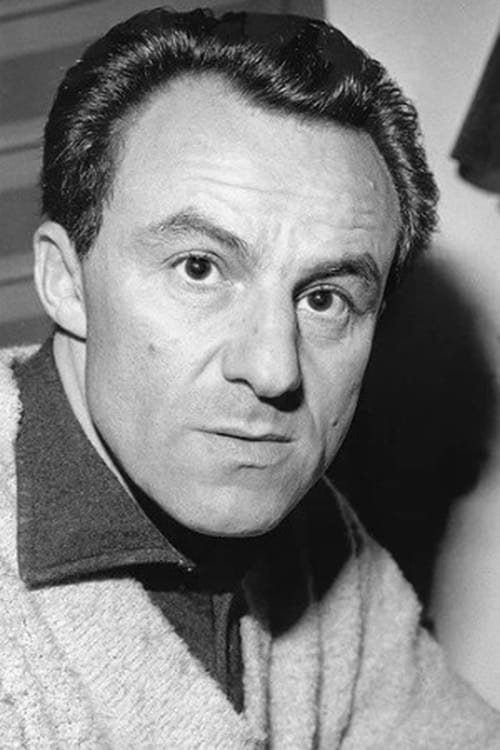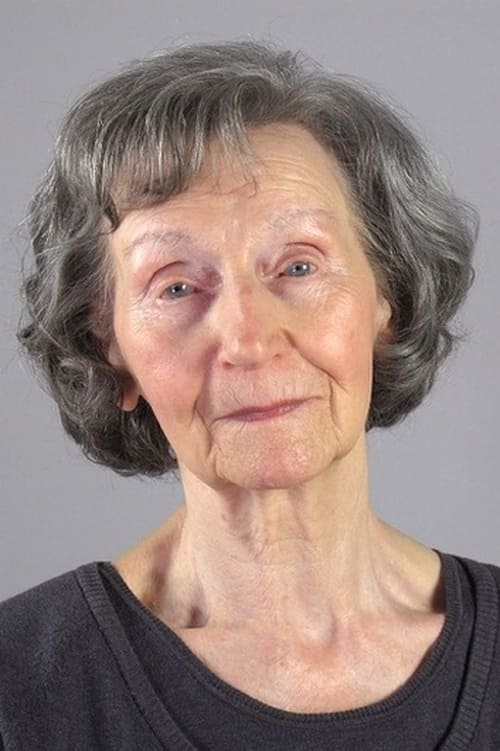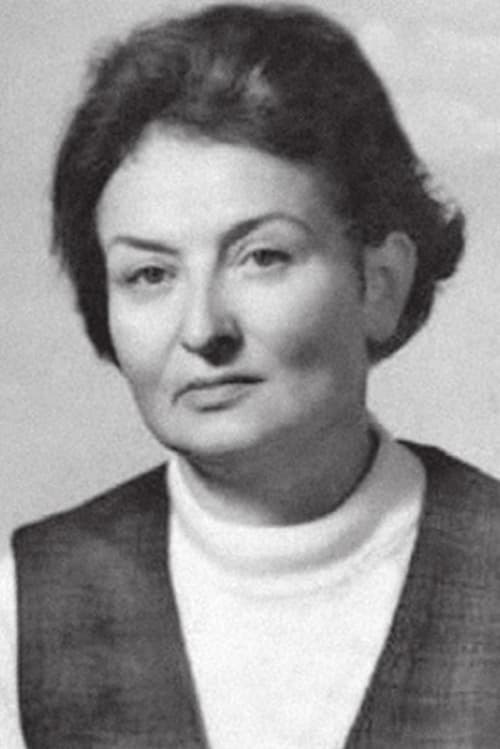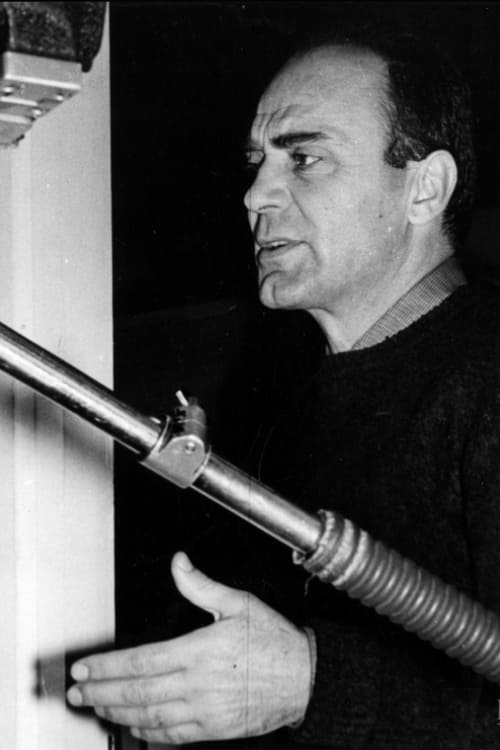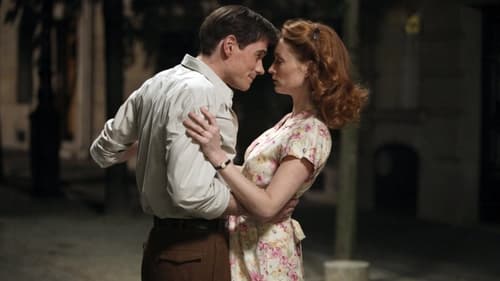Passenger (1963)
Jailer and prisoner… both haunted by the Holocaust
Género : Drama, Bélica
Tiempo de ejecución : 1H 2M
Director : Andrzej Munk, Witold Lesiewicz
Escritor : Andrzej Munk, Zofia Posmysz
Sinopsis
A German woman on a ship returning to Europe notices a face of another woman which brings recollections from the past. She tells her husband that she had been an overseer in Auschwitz during the war, but she has actually saved a woman's life.

Natan tells the remarkable story of Bernard Natan, a Romanian immigrant who came to Paris in 1905 and was involved almost immediately with French cinema. He took control of the Pathe film group in the late 1920s and went on to produce epic films such as Les Miserables. But Natan has become largely written out of French film history for various different reasons. I will not go into details here as the story is an excellent one, suffice to say that his ethnicity and subsequent rumours plagued Natan almost from the start of his career. His ‘comeuppance’ for his alleged transgressions is at the heart of this devastating documentary.
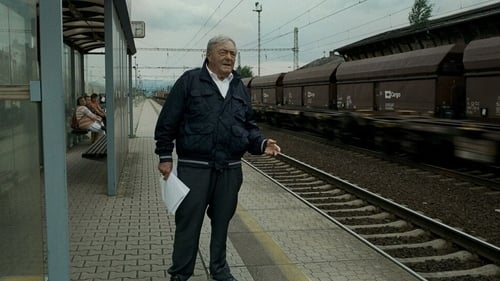
'El último de los injustos' cuenta la historia de Benjamin Murmelstein, el último presidente del Consejo Judío en Theresienstadt, "el gueto modelo", un campo de concentración utilizado por Adolf Eichmann para engañar al mundo con una imagen de ciudad tranquila donde los ancianos judíos podían retirarse. Pero la realidad era muy distinta, Theresienstadt era centro de paso para la posterior deportación de los judíos a otros campos de exterminio. Murmelstein luchó contra Eichmann durante más de siete años, llegando a conseguir que 121.000 judíos emigrasen y la liquidación total del guetto.

Ever Again examines the sweeping resurgence of antisemitism in 21st century Europe and its connection to global terrorism.
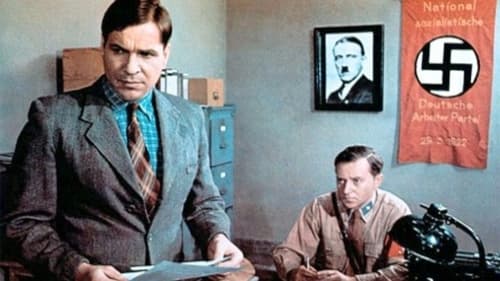
“Death is my Trade” centers on the life of Rudolph Höss, the commandant of Auschwitz II-Birkenau for the majority of its existence. The main character's name in the film is Franz Lang. This name change was deliberate to ensure that the character is not automatically viewed as being some sort of villain or demon. Franz is an average German kid growing up during World War I. The film follows Franz as he grows up and becomes a hard, efficient, organized worker who eventually joins the National Socialist party in Germany. Impressionable young Franz takes orders as one of the utmost points of honor and duty, so when he is eventually asked by Heinrich Himmler to become commandant of the largest extermination camp built during WWII he barely hesitates to consider how heavy such a burden will be.

A stunningly-crafted documentary that brings to life German-Jewish artist Charlotte Salomon in all her yearning for love and creative expression, her struggle to come to terms with her family history, and whose passion for beauty came face-to-face with the harsh reality of 1940s Europe. The title of this film comes from her remarkable 700-page painted life story in which she asks, “Where does life stop and art begin?” Director Franz Weisz masterfully weaves together interviews with people who knew her, family photographs, excerpts from a 1980 biopic, images of Charlotte’s vibrant paintings and a previously-unknown letter containing a shocking revelation.
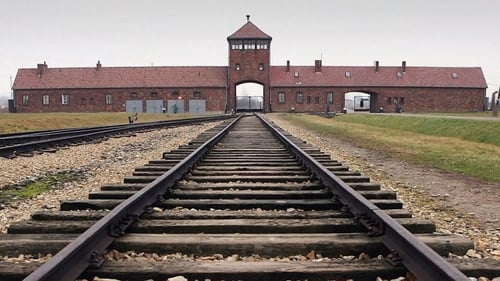
This documentary re-creates the momentous Frankfurt trial. Rolf Bickel and Dietrich Wagner build the film around taped testimony from more than 200 Auschwitz survivors. Twenty-two former members of Hitler's SS, many of whom had carved out comfortable lives for themselves in postwar West Germany, stood trial in 1963 before 360 witnesses who accused them of murdering millions.
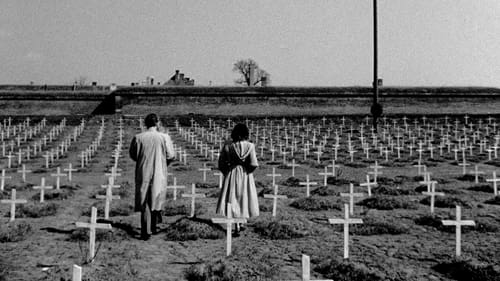
Praga, durante la Segunda Guerra Mundial. Hana Kaufmann, una oftalmóloga judía, se casa con el Dr. Antonín Bureš, un hombre cristiano. Cuando su familia es enviada al campo de concentración de Theresienstadt, su romance se convierte en una lucha por la supervivencia.

Documentary that follows the lives of several Jewish refugees who fled to Shanghai during WWII.

The mass murder of Jewish people by the Nazi regime is chronicled, with a warning that anti-Semitism is on the rise and the events of the Holocaust could happen again. The history of European Jewish culture and events before and during the Holocaust are seen in newsreels, photographs, and animated segments. The words of the victims of the era are read, and footage from the liberation os a concentration camp is shown.
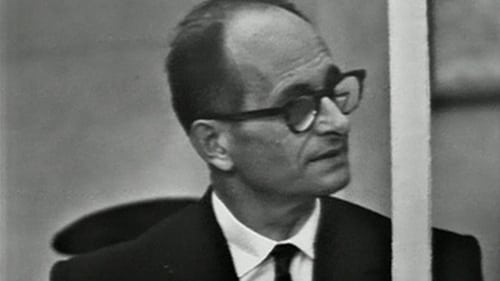
Composed exclusively of the footage recorded by Leo Hurwitz during the trial of Adolf Eichmann in Jerusalem in 1961, A Specialist is a courtroom drama painting the portait of a zealous bureaucrat who has immense respect for the Law and hierarchy, a police official responsible for the elimination of several million people, a modern criminal.
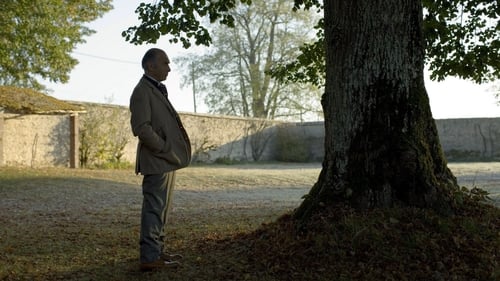
When Frédérick, the patriarch of the Alsatian Muller family, is conspicuously absent from his son Charles' funeral, Frédérick's surviving son and his granddaughter, raw from their loss, await an explanation. Once revealed, Frédérick's reasons and the painful secret Charles harbored for years threaten the foundations of the entire family.
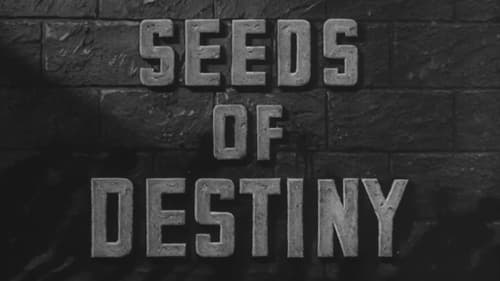
Oscar winning postwar propaganda film in support of the United Nations Relief and Rehabilitation Administration. Strident but poignant, focusing on children. The film surveys the Nazi/Japanese atrocities, post-war devastation and the early relief efforts. This film was responsible for raising over $200,000,000, making it a top moneymaking film.

Documental de propaganda política rodado tras la liberación del campo de concentración de Bergen-Belsen (Lüneburg. Baja Sajonia, Alemania) por el ejército norteamericano. Como otras producciones similares, estaba destinado a ser exhibido sólo (y de forma obligatoria) en los cines de la Alemania ocupada.
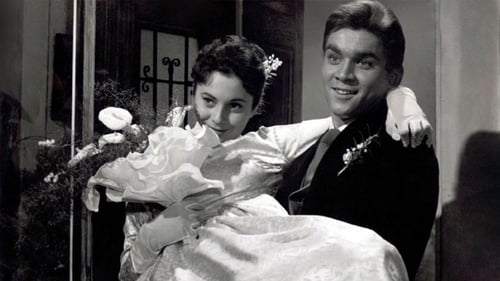
Una mujer ofrece a una chica judía que se case con su hijo católico para salvarla de los nazis. Al chico no le gusta la idea, pero tras la boda poco a poco va surgiendo el amor entre ambos. Tanto, que cuando los nazis se la llevan al campo de concentración y la obligan a prostituirse, el chico corre en su ayuda dispuesto a todo.

A documentary about an orchestra comprised of female prisoners in Auschwitz.

Historia basada en hechos reales y ambientada en la Norteamérica de los años sesenta que narra la vida de una familia cuyos padres fueron supervivientes del holocausto.

Four young women joined the Resistance to fight Nazi oppression and brutality in occupied France. They were arrested and deported to Ravensbruck concentration camp, where they helped each other to survive. SISTERS IN RESISTANCE captures their recollections and the intense friendship that has survived with them.
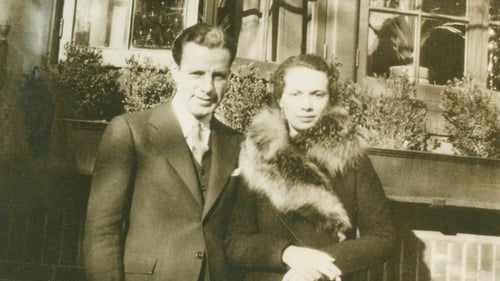
In the spring of 1939, Gilbert and Eleanor Kraus embarked on a risky and unlikely mission. Traveling into the heart of Nazi Germany, they rescued 50 Jewish children from Vienna and brought them to the United States.

Este escalofriante y vital documental fue producido para conmemorar el 40 aniversario de la liberación del campo de concentración de Auschwitz. La película contiene imágenes inéditas de Auschwitz tomadas por las fuerzas militares soviéticas entre el 27 de enero y el 28 de febrero de 1945 e incluye una entrevista con Alexander Voronsov, el camarógrafo que filmó las imágenes. Las horribles imágenes incluyen: sobrevivientes; visita al campo por la comisión de investigación soviética; experimentos criminales en trabajadores forzados, evacuación de prisioneros enfermos y débiles con la ayuda de voluntarios rusos y polacos; Fotos aéreas de la IG Farben Works en Monowitz; y fotos de gente local limpiando el campamento bajo la supervisión soviética.


